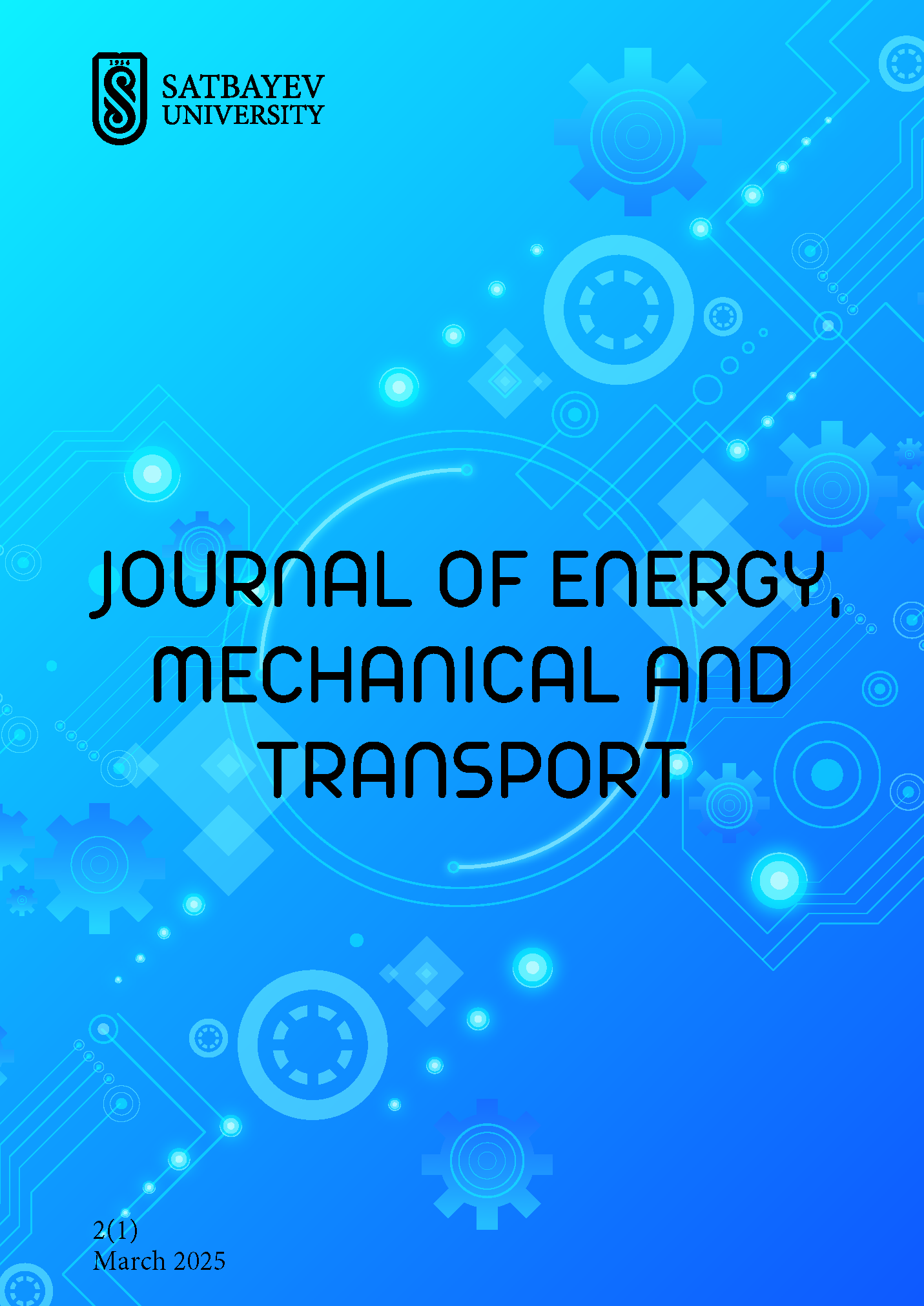Study of residential complex heating systems using energy-saving technologies
DOI:
https://doi.org/10.51301/jemet.2025.i1.05Keywords:
energy saving, energy efficiency, heating supply, residential complexAbstract
The article examines modern research methods for heating systems in residential complexes to improve their energy efficiency. The main energy-saving technologies are described, including the use of heat pumps, condensing boilers, auto-mated heat consumption management systems, and building insulation. Methods for assessing heating systems and examples of their implementation are provided. Kazakhstan's energy system is less efficient compared to many other national energy systems. The electricity and heat production subsystems account for nearly half of the difference between primary energy supply and final consumption. The paper reviews the technological chains of electricity and heat production, transmission, and distribution, and proposes scenario studies of their possible evolution until 2030. The key driving force behind the scenarios is the need to improve energy efficiency in the residential and commercial sectors, as well as to re-duce greenhouse gas emissions across the entire energy system. The modeling results indicate that achieving more than a 2% annual increase in energy efficiency is possible, leading to significant economic benefits for the country.
Downloads
Published
How to Cite
Issue
Section
License
Copyright (c) 2025 Journal оf Energy, Mechanical Engineering and Transport

This work is licensed under a Creative Commons Attribution-NonCommercial-NoDerivatives 4.0 International License.
<div class="pkpfooter-son">
<a rel="license" href="http://creativecommons.org/licenses/by-nc/4.0/"><img alt="Creative Commons License" style="border-width:0" src="https://i.creativecommons.org/l/by-nc/4.0/80x15.png"></a><br>This work is licensed under a <a rel="license" href="http://creativecommons.org/licenses/by-nc/4.0/">Creative Commons Attribution-NonCommercial 4.0 International License</a>.
</div>





